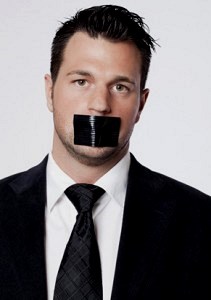
These authorities illustrate the general rule and the exceptions thereto founded upon the necessities of prudent business management…
In Re Hatfield Estate (1986), 5 B.C.L.R. (2d) 297 (C.A.), the Court held that trustees may not delegate a power involving the exercise of personal discretion unless they have the authority to do so (see discussion in 0847395 B.C. Ltd. v. Guilbride Estate 2009 BCSC 847 at paras. 64-69; see also Haughton v. Haughton Estate (1995), 80 O.A.C. 273 (C.A.)).
According to Eileen E. Gillese in The Law of Trusts, 3d ed. (Toronto: Irwin Law, 2014) at 160:
If delegation is permitted, trustees may use agents, but they are still responsible for making all decisions. In other words, ultimate decision making rests with the trustees; all they are entitled to do is have the particular agent perform a particular duty or give advice. Trustees, while permitted to delegate some of their duties, may not delegate all of them since that would amount to an abdication of responsibility.




